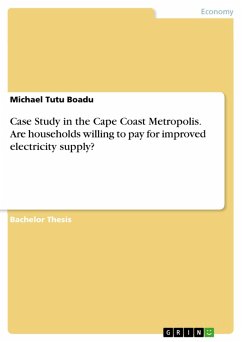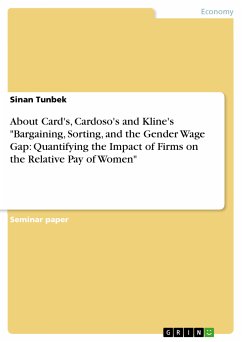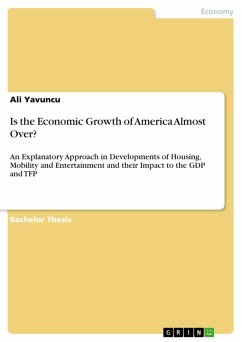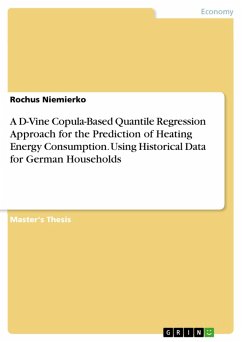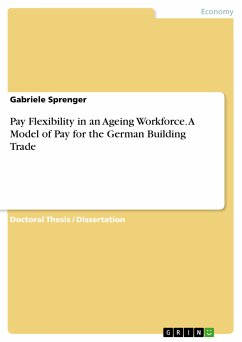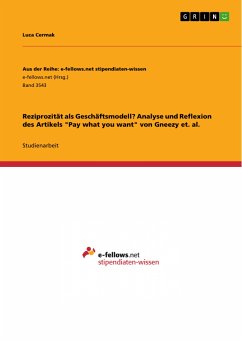Bachelor Thesis from the year 2016 in the subject Economics - Case Scenarios, grade: A, University of Cape Coast, course: Economics, language: English, abstract: The main objective of this study was to find out whether households are willing to pay for improved electricity supply in Ghana: Cape coast Metropolis. The study adopted survey research and emphasized the Contingency Valuation Method. Theoretical and empirical literature relevant to the study was reviewed. The research work also employed primary data where 200 household heads were sampled and they were the main respondents for the study. The analysis of the data was made possible by the use of SPSS and STATA software packages. Also, the logit regression model was used in assessing the significance of the explanatory variables in relation to Willingness to Pay which is the dependent variable in this study. Findings from the study showed that out of the 200 respondents interviewed, 174 respondents representing 87 percent are willing to pay for the improvement in electricity supply, while the remaining 26 respondents representing 13 percent specified that they are not willing to pay for the improvement in electricity supply. In addition, factors such as the households income, marital status, education, alternative power source and household size of consumers are important variables that significantly affect Willingness to Pay (WTP) in this study.
Dieser Download kann aus rechtlichen Gründen nur mit Rechnungsadresse in A, B, BG, CY, CZ, D, DK, EW, E, FIN, F, GR, HR, H, IRL, I, LT, L, LR, M, NL, PL, P, R, S, SLO, SK ausgeliefert werden.
Hinweis: Dieser Artikel kann nur an eine deutsche Lieferadresse ausgeliefert werden.

